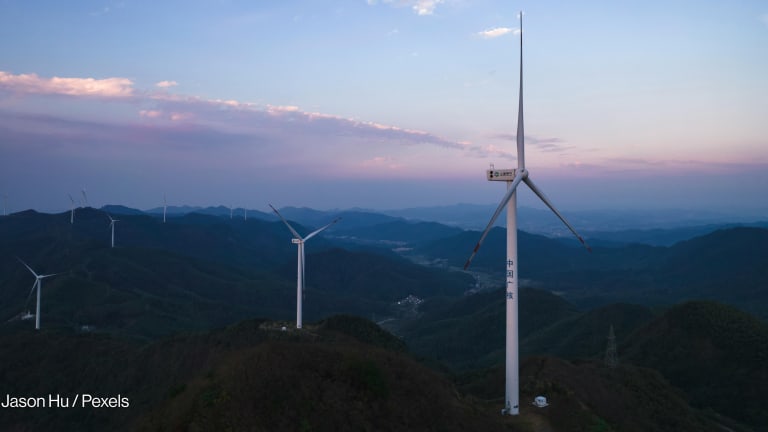Last year in Paris, 195 governments came together and agreed to a monumental global climate deal to hold global warming “well below” 2 degrees Celsius above pre-industrial temperatures (global temperatures recorded between 1850-1900), and strengthen the ability of countries to deal with the impacts of climate change.
Now the hard work begins. In early November, governments, private sector and civil society have gathered in Marrakech, Morocco, at the 22nd Conference of the Parties to begin the hard work of determining how to implement the Paris agreement. One hundred and ninety-five nations came together to reaffirm their commitment to the Paris agreement with the Marrakech Action Proclamation.
This discussion and direction of change must now translate into actions taken by donors and practitioners to support the delivery of the Paris agreement.








